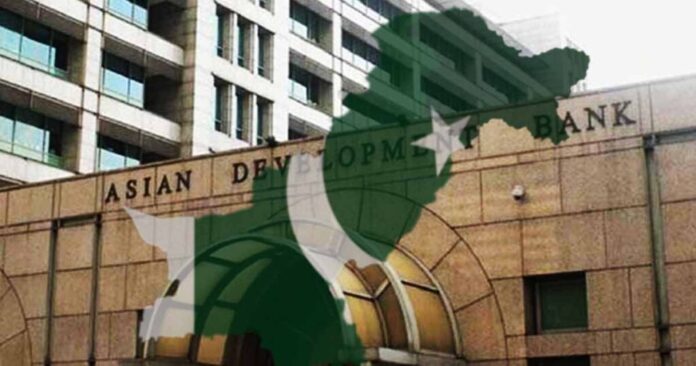ISLAMABAD: The Asian Development Bank (ADB) has approved an $86.2 million technical assistance project aimed at developing a Sustainable Aviation Fuel (SAF) production facility in Pakistan. The project, which will convert local waste materials into a high-value export product, is set to provide significant economic benefits while contributing to global climate goals.
As outlined in an ADB report, the facility will produce SAF—an eco-friendly alternative to conventional aviation fuel—helping to reduce the sector’s greenhouse gas emissions. The plant will not only create skilled jobs for Pakistani engineers through technology transfer and training but also formalize and strengthen the country’s informal gutter oil market. This development positions Pakistan as a key player in the rapidly growing global SAF industry.
The International Air Transport Association (IATA) forecasts that SAF will account for more than 65% of the aviation industry’s efforts to meet emission reduction targets, with the market expected to reach 407 million tonnes by 2050.
The project will be led by Bio Tech Energy (BTE), a pioneer in bio-diesel production in Pakistan. BTE operates a biodiesel refinery in Sheikhupura, which has been commercially operational since 2016. The new SAF plant will be developed on a brownfield site adjacent to BTE’s existing biodiesel operations. The new facility will have a capacity of 200,000 tonnes per annum (KTPA), with 85% of output dedicated to SAF and the remaining 15% to bio-naphtha.
Feedstock for the SAF production will come from the same waste-based sources used in BTE’s biodiesel plant, including used cooking oil, poultry feather acid oil, and soap stock acid oil. The project aims to ramp up feedstock collection to 260,000 tonnes annually, which represents about 20% of Pakistan’s total collectable feedstock. This will be achieved through the expansion of collection points in major cities such as Karachi, Peshawar, and Islamabad.
The facility is expected to drive Pakistan’s participation in the global SAF market while providing economic growth and new employment opportunities in the renewable energy sector.




